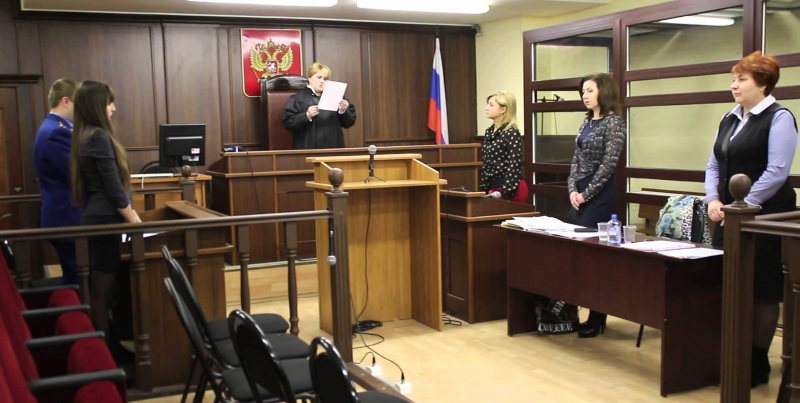Is it possible to challenge the donation agreement for an apartment (donation)
Drawing up a deed of gift is the easiest way to transfer property to a third party. However, there are situations when the heirs (including children) disagree with the decision of the owner of the property.

The question immediately arises: is it possible to challenge a donation for an apartment after the death of the donor by children? In some cases, this is possible through legal action. However, before applying to the courts, it is required to prepare an evidence base.
So, in what cases can a deed of gift be challenged?
- compulsion. If on the part of the donee the fact of violent actions in relation to the owner of the property is revealed, then the deed of gift can be canceled;
- if at the time of the decision and the conclusion of the contract, the owner was under the influence of drugs or was intoxicated;
- in case of incapacity. If the donor is not able to make decisions on his own, but at the time of registration of the donation it was not revealed, then there is an opportunity to cancel the contract later;
- if the documents contain errors, typos and inaccuracies. The absence of signatures, additional agreements and other documents may be a reason for challenging;
- when the donee is an interested person (for example, an employee of a medical institution, a social worker or a guardian).
Under the above circumstances, transactions are often contested. The list of grounds is not complete.
How to dispute a donation for an apartment after the death of the donor?

The most difficult stage of the procedure for the annulment of a will is the collection of evidence. However, when the direct heirs did not challenge the contract for the transfer of real estate to a third party during the life of the donor, they have the right to sue the apartment after the death of the owner.
It is also possible to recognize a donation agreement as invalid if the children and close relatives of the deceased have serious grounds to suspect fraud and fraud on the part of the person being presented.
Challenging in court
After collecting the necessary documents, the dissenting party can safely send a claim to the judicial authority. If the plaintiff presents evidence that the person who received the apartment committed fraudulent actions against the donor, then in addition to the administrative case, they will also open a criminal case.

In this case, the donee may receive a prison term of several years.
Attention: if there are no compelling reasons and circumstances, then it is better not to resort to litigation. The courts, as a rule, carefully consider cases, therefore, more often than not, the claims of the victims remain satisfied.
When the plaintiff is completely sure that the transaction is illegal, he needs to collect the following package of documents:
- requirement statement. The application form can be obtained from the office of the court. It is allowed to file a claim in any form in written or printed form;
- general passport and its copies;
- a receipt for the payment of the federal fee (state duty);
- original donation agreement (or a copy certified by a notary);
- collection of evidence is the most important thing that a plaintiff needs to provide to the court:
- certificates from medical institutions (extracts, outpatient card, etc.);
- the conclusion of an independent examination;
- personal investigation information;
- testimony of eyewitnesses and witnesses.
Attention: all costs associated with the search for evidence are borne by the plaintiff. If the case is successful, the defendant will pay all expenses.
If the applicant has other evidence confirming the illegality of the transaction under the will, then they must also be attached to the case. First, all documentary evidence will be checked by an employee of the court office, only after that the papers will get to the judge himself.
Deadlines for filing a claim
After the death of the donor, the dissenting persons have 3 years to contest the transaction. This moment is regulated by Article 200 of the Civil Code of the Russian Federation.
The term begins to be counted from the moment when the dissenting person learned that he has the right to property. However, the date is determined in each case separately, and therefore it is not easy to determine it.
Can direct heirs contest a will?
In a situation where the owner of the property was in perfect health and donated his property to a third party by signing the relevant documents, it is almost impossible to protest the transaction and cancel the deed of gift. During life, the owner of the house has every right to dispose of it as he wishes.
After the death of the donor, the direct heirs have no rights to housing, which in fact no longer belongs to the deceased.
You can also challenge the apartment donation agreement for the above reasons (incapacity, fraudulent and violent actions, etc.). In fact, direct relatives have no preferential rights. For this reason, the invalidation process follows the standard scheme described above.




